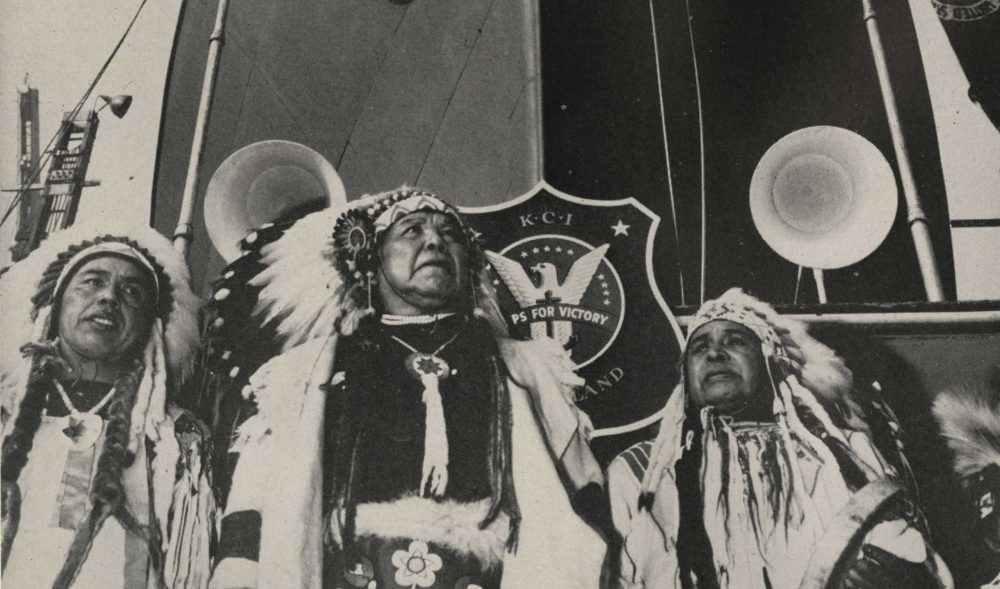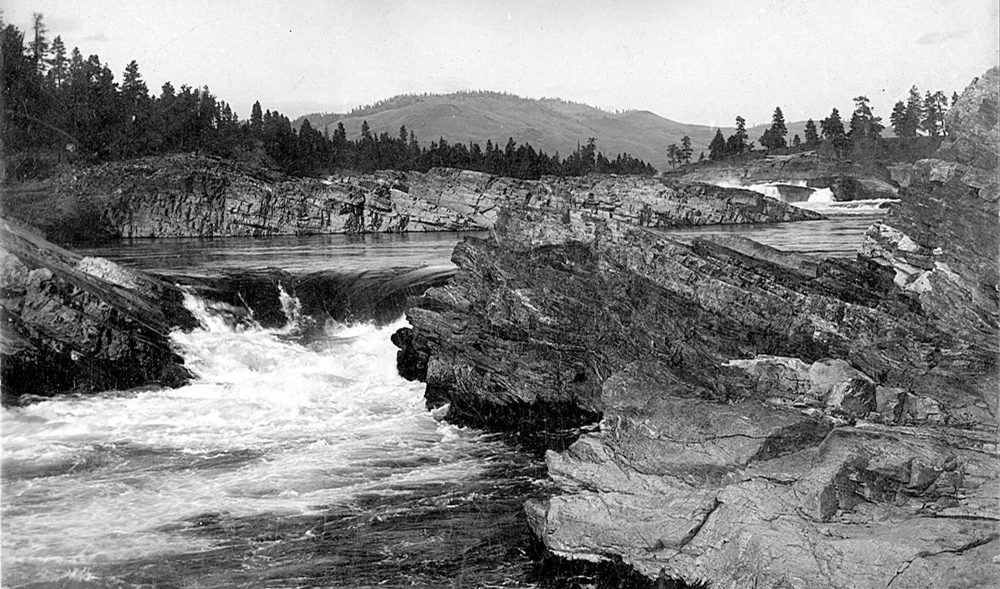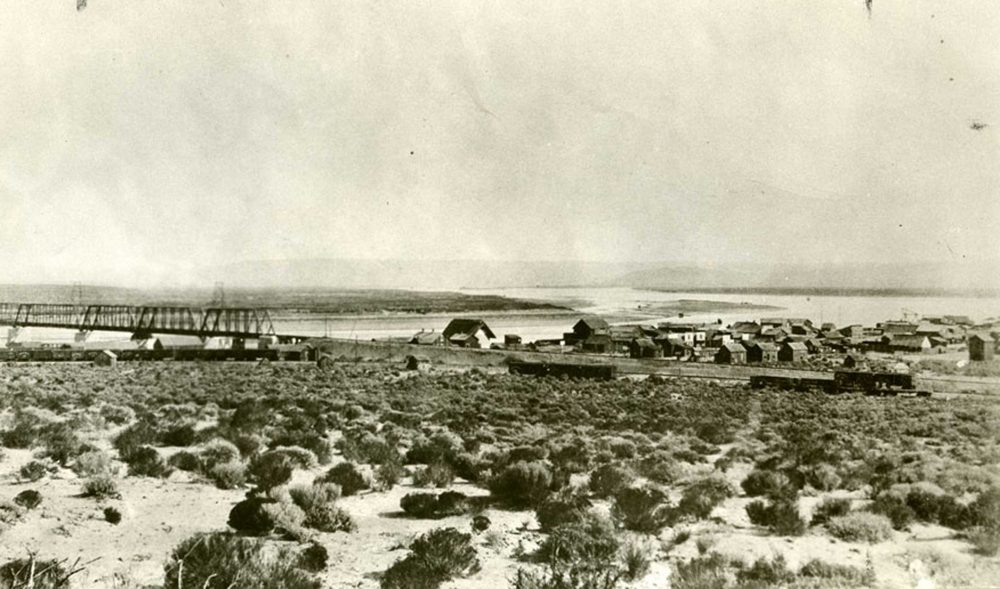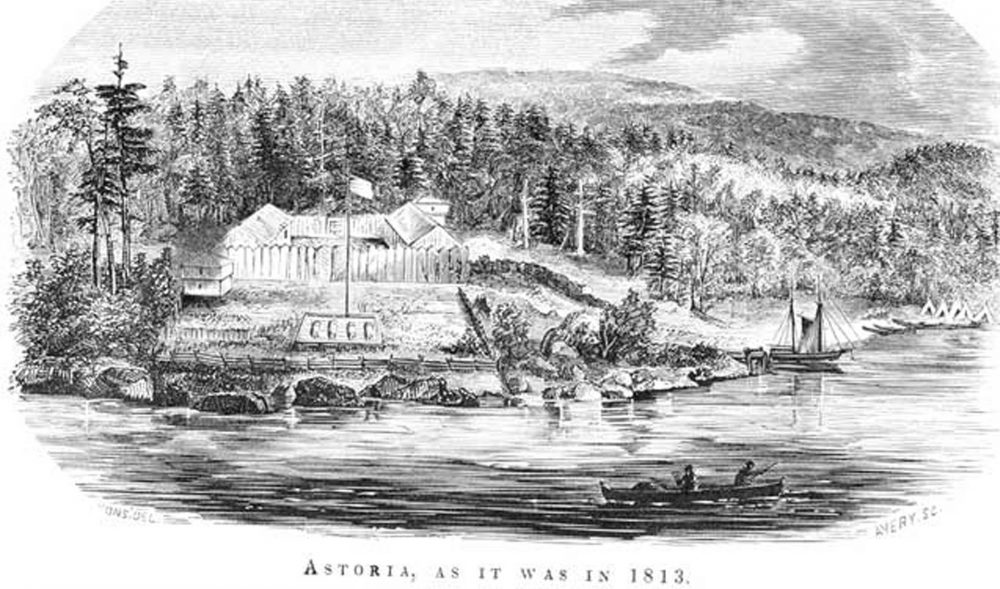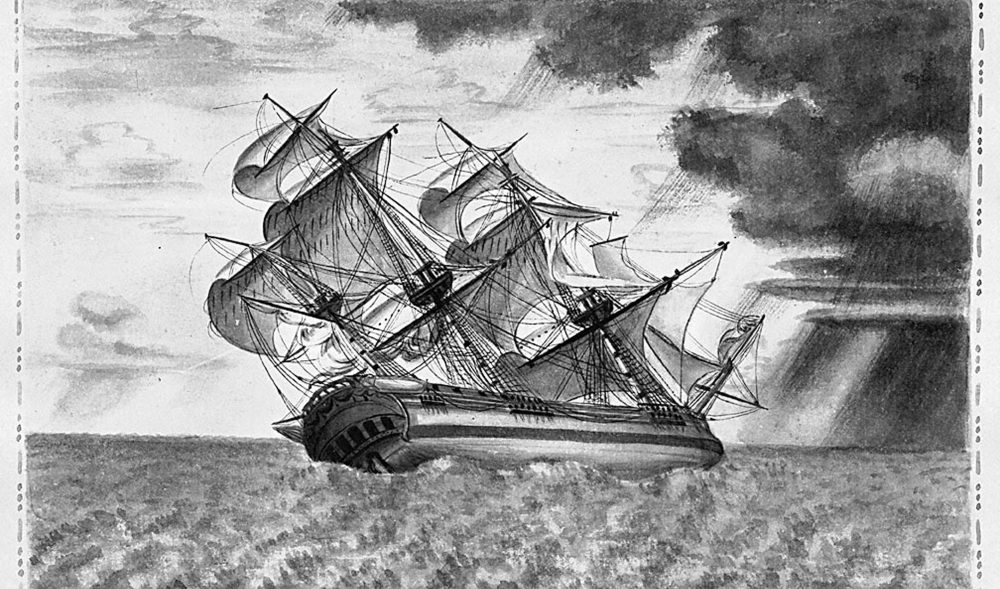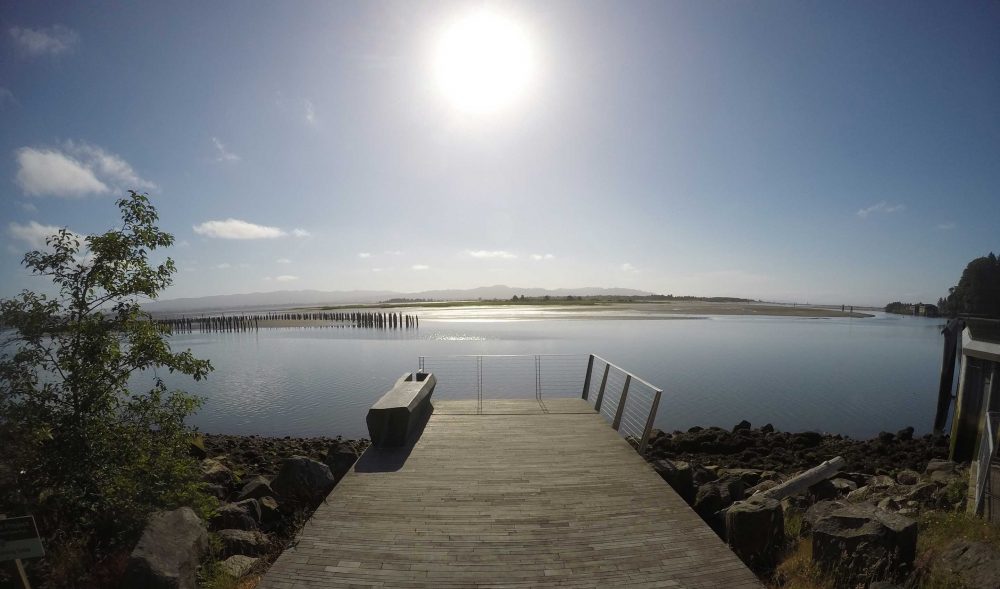Confluence Library
The World Wars brought a number of changes to the Vancouver-Portland area, including the introduction of women to the industrial labor force. Among those women were Native American women brought to work as welders.
Kettle Falls was the largest waterfall of the Columbia River. Kettle Falls was for over 10,000 years a major indigenous fishing and trade site. In 1940, they were dammed by the Grand Coulee and formed Lake Roosevelt.
The town of Ainsworth, Washington sat at the confluence of the Snake and Columbia Rivers and was home to a bustling work town after the end of the “Indian Question.” However, it disappeared in favor of nearby Pasco.
A variety of contesting claims were made for the Columbia River in the 19th century by explorers from Britain, the United States, and others. Missionaries, scientists, and explorers alike flocked to this “new land.”
In 1791/2 Captain Robert Gray became the first European to sail the Columbia River, entering at Cape Disappointment to trade with local Chinook. Lewis and Clark visited in 1805 and found the Chinook ready to trade.
Cape Disappointment was explored many times in the 18th century but did not show a river, contrary to Spanish explorer de Heceta’s claims. Nehalem legend tells how Tal-a-Pus made the Pacific Ocean wave-beaten and stormy.

